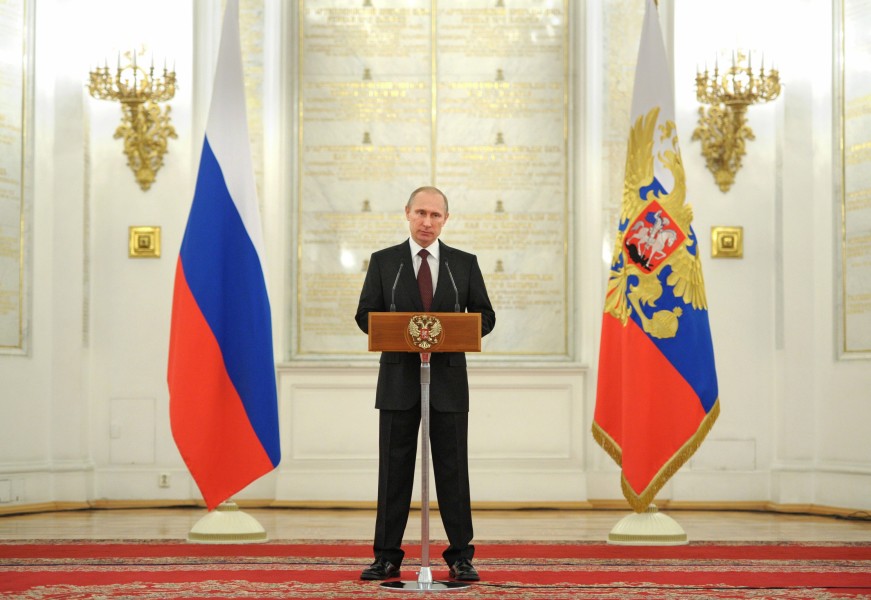Part I of this series examined a proposal for NATO involvement in a prospective resolution to the Israel-Palestine conflict. Although a comprehensive agreement is likely to remain a distant future, the merits of this hypothetical mission are being debated as the two conflicting sides return to the negotiating table. Now, Part II of this series will examine the argument against a NATO peace operation in the region.
The Argument Against: Unfeasible, Unwise, Unlikely
Those opposed to direct NATO involvement in the Israel-Palestine issue have a strong case. A peace enabling mission in the region would be expensive and would require broad support from not only NATO members but also from key global players like the UN, the European Union, and Arab leaders. A mission would also have to be able to rely on significant troop commitments over the long-term. In the improbable scenario that a peace agreement is reached in the near future, it is very unlikely that NATO members will be willing to embark on such an extensive project so soon after Afghanistan. These factors combine to make a NATO mission of this nature seem unfeasible.
After extensive research, NATO researcher Dr. Florence Gaub is deeply skeptical of the wisdom of a NATO mission in Palestine. In her analysis of a NATO mission in Palestine, she concludes that it “would have slim chances of success, and a high probability of failure… [such] an endeavour… could cost NATO credibility, prestige, money and lives.” She also contends that NATO is not adequately prepared to take on a mission of this scope. The Alliance’s experience in Kosovo and Bosnia-Herzegovina will be only marginally helpful as the strength and amplitude of violence that could characterize a newly independent Palestine is on a scale far greater than anything NATO has had to contend with. These realities are compounded by her assessment that the consequences of failure in this context also outweigh those of almost any other NATO mission.
[captionpix align=”left” theme=”elegant” width=”300″ imgsrc=”http://natoassociation.ca/wp-content/uploads/2013/08/abbas-kerry-netanyahu.jpg” captiontext=””]
Another important critique that surfaces when discussing NATO’s role in the Israel-Palestine conflict is that the potential for involvement is a moot point. Given the conditions laid out by the Alliance for a mission, it is extremely unlikely that troops would be deployed any time soon, if ever. Pessimistic as this outlook may be, the two sides remain miles apart on core issues and an enduring end to the conflict does not appear to be in the immediate future. It is therefore difficult to see a discussion of NATO involvement as anything more than an interesting thought experiment.
No Easy Solutions
Weighing the pros and cons of a NATO peace operation to Palestine may seem premature or even pointless. But it is difficult to ignore the fact that the post-conflict future of Israel and the Palestinian territories is incredibly murky. Those interested in seeing the conflict brought to an end generally have an understanding of the core issues standing in the way of peace and many have a vision for how these could be resolved. What is emphasized less frequently is how to ensure that any peace that is established proves durable. It is vital that should a comprehensive peace agreement be achieved, this momentous occasion is not squandered by a poorly conceived peace implementation plan. Whether NATO is involved in this peace implementation will be up to, at the very least, the Israelis, the Palestinians, and the Alliance. This discussion is therefore important and we must hope that one day we will have the opportunity to engage with it as more than a hypothetical.




